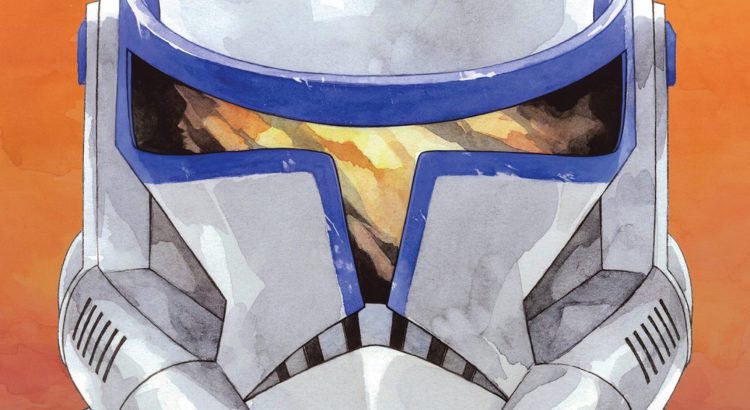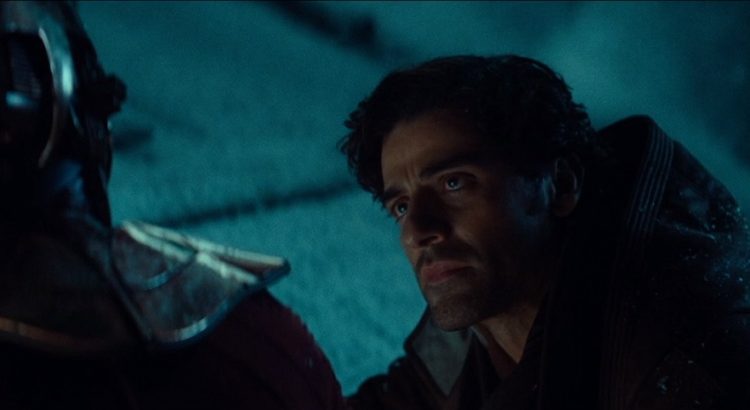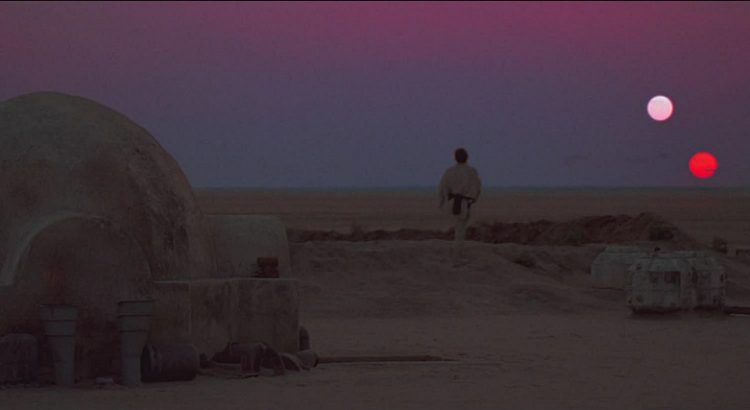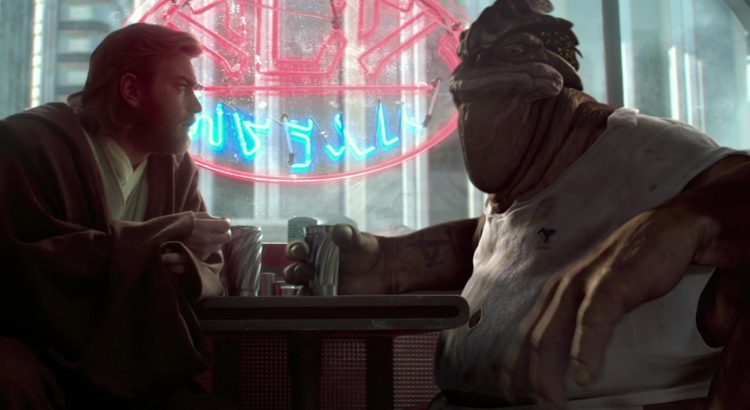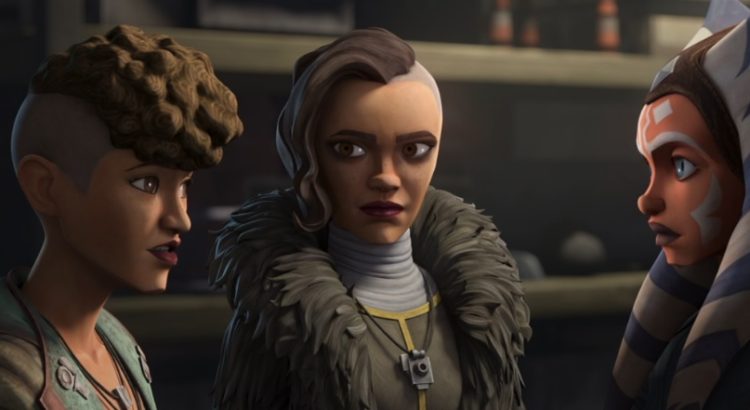The final third of this piece contains spoilers for Poe Dameron: Free Fall. If you’d like to avoid them, stop when you see Babu Frik.
Governing an entire galaxy isn’t easy. As initially conceived, government in Star Wars was despotic and militaristic and led by people with magical powers—and even then, with no civil liberties or red tape to hold the Empire back, small pockets of rebellion were still able to slip through their fingers over and over, to say nothing of run-of-the-mill criminals like Han Solo.
As conceived, though, that was a good thing. The Empire was bad, so breaking its rules was justified, or at least a lesser concern to the good guys than what the Empire itself was up to. Even in the prequel era, the Old Republic is already riddled with corruption, and morality is often in conflict with the law our heroes are still desperately clinging to.
The sequels, then, were our first opportunity to experience a fundamentally righteous, if imperfect, galactic government—for about seventy minutes, anyway. Then it explodes.
But there’s a generation or so prior to that where even Luke Skywalker at his most cynical concedes that the galaxy was in balance, and a whole crop of younger characters managed to grow up with little to no awareness of how hard-fought that balance had been. For now, at least, that peacetime generation is unique in the canon, and crafting good, old-fashioned Star Wars adventures with them isn’t quite as easy as it used to be.
Read More
